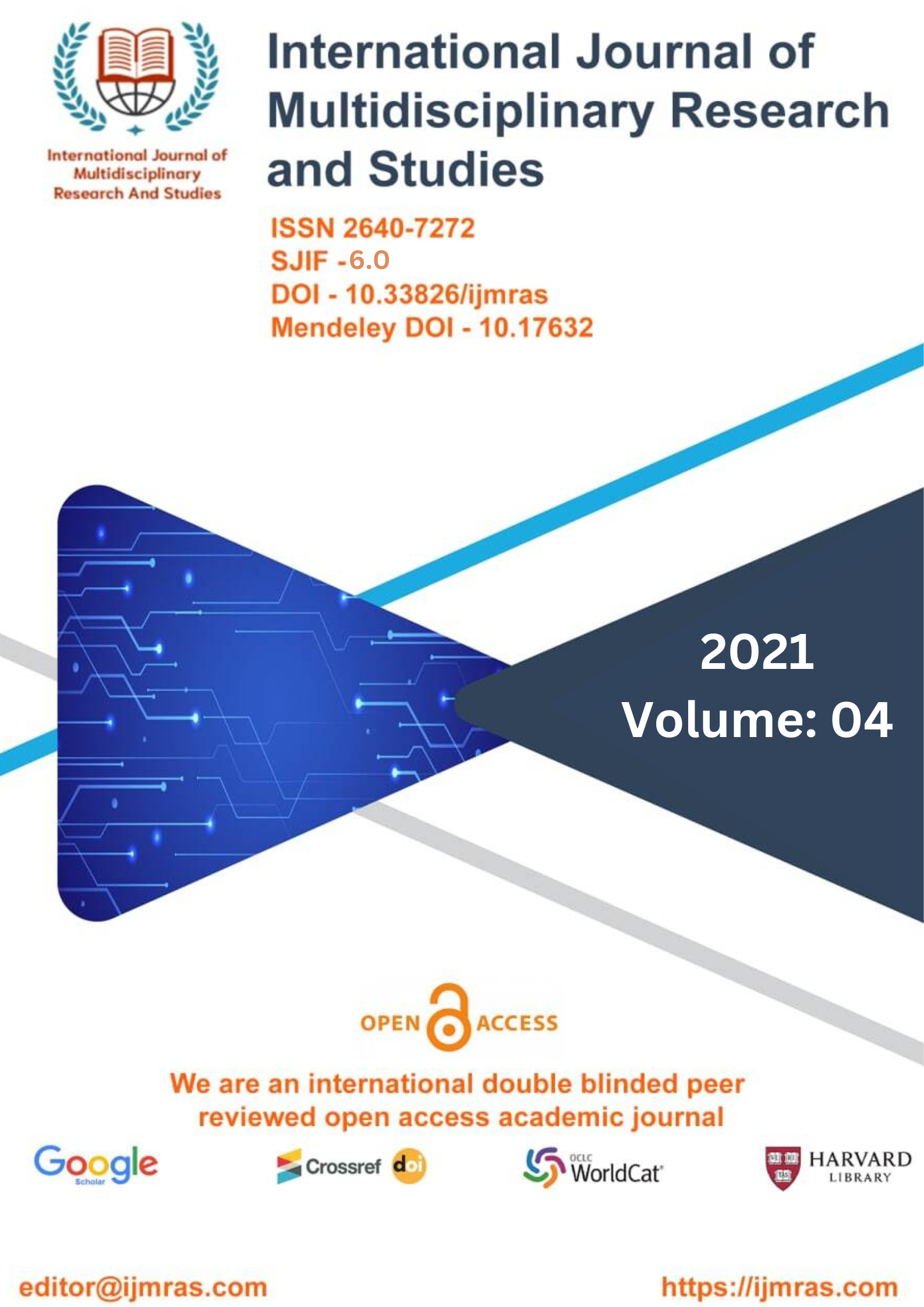A STUDY OF THE ROLE OF SOCIAL INEQUALITY IN PROMOTING SOCIAL CHANGE

Abstract
In recent years, there has been a growing concern about the rising income inequalities, with particularly stark rises in inequality in the United States and also a substantial widening of the income gap in Europe. The United States has seen particularly stark rises in inequality, and Europe has seen a substantial widening of the income gap. Because of this, an increasing number of people are speaking out against the current tendencies, and they do not approve of them. The importance of the widening of economic inequality has not only garnered the attention of politicians and scholars, but it is also frequently debated on the streets of the globe today, with the movement known as "Occupy Wall Street" being the most well-known example of such rallies. This movement and its frequently referenced motto, "We are the 99%," alludes explicitly to a rising disparity in the distribution of wealth (see, for example, the coverage of the movement by the New York Times in 2011, as well as the web blog entitled "We are the 99%," published in 2012). This disparity in wealth distribution has been growing over the past several decades. An OECD research that was published not too long ago focused on the recent growth in income inequality that has been noticed across the member states of the EU.
Keywords
income, economicHow to Cite
References
Aghion, P., Caroli, E. and Garcia-Penalosa, C. (1999) Inequality and economic growth: the perspective of the new growth theories. Journal of Economic Literature 37(4): 1615-1660.
Arellano, M. and O. Bover (1995); “Another Look at the Instrumental Variable Estimation of Error- Components Models,” Journal of Econometrics, 68(1), 29-51.
Barro R. and J. Lee (2013) “A new data set of educational attainment in the world, 1950–2010”, Journal of Development Economics, Volume 104, Pages 184-198
Arnold, J., Bassanini, A. and S. Scarpetta (2011) "Solow or Lucas? Testing speed of convergence on a panel of OECD countries," Research in Economics, Elsevier, vol. 65(2), pp.110-123
Bassanini, A. and S. Scarpetta (2002b), “Does Human Capital Matter for Growth in OECD Countries? A Pooled Mean Group Approach”, Economics Letters, 74(3), 399-405.
Bazzi S. and M. Clemens (2013) "Blunt Instruments: Avoiding Common Pitfalls in Identifying the Causes of Economic Growth," American Economic Journal: Macroeconomics, American Economic Association, vol. 5(2), pages 152-86, April.
Barro R. and J. Lee (2013) “A new data set of educational attainment in the world, 1950–2010”, Journal of Development Economics, Volume 104, Pages 184-198
Benhabib, J. (2003) “The trade-off between inequality and growth,” Annals of Economics and Finance, Vol. 4(2), pp. 491–507.
Checchi D., A. Ichino and A. Rustichini 1999, “More equal but less mobile? Education financing and intergenerational mobility in Italy and in the US” Journal of Public Economics, 74(3), 351-393.
Clarke, G.R.G. (1995) More evidence on income distribution and growth. Journal of Development Economics 47(2): 403-427.
Cohen D. and M. Soto (2007) “Growth and human capital: good data, good results” Journal of Economic Growth, 12, 51-76.
De Mello, L. and E. Tiongson (2006), “Income inequality and redistributive government spending”, Public Finance Review, 34(3):282-305. Fershtman, C., K. Murphy and M. Weiss , 1996, "Social Status, Education, and Growth," Journal of Political Economy, 104(1), 108-32.
Fields, G.S. (1989) A compendium of data on inequality and poverty for the developing world. Cornell University, Department of Economics, March, mimeo.
Fitoussi, J.P. and F. Saraceno (2010), "Inequality and macroeconomic performance",
License
Copyright (c) 2021 Ved Prakash

This work is licensed under a Creative Commons Attribution 4.0 International License.
Individual articles are published Open Access under the Creative Commons Licence: CC-BY 4.0.




